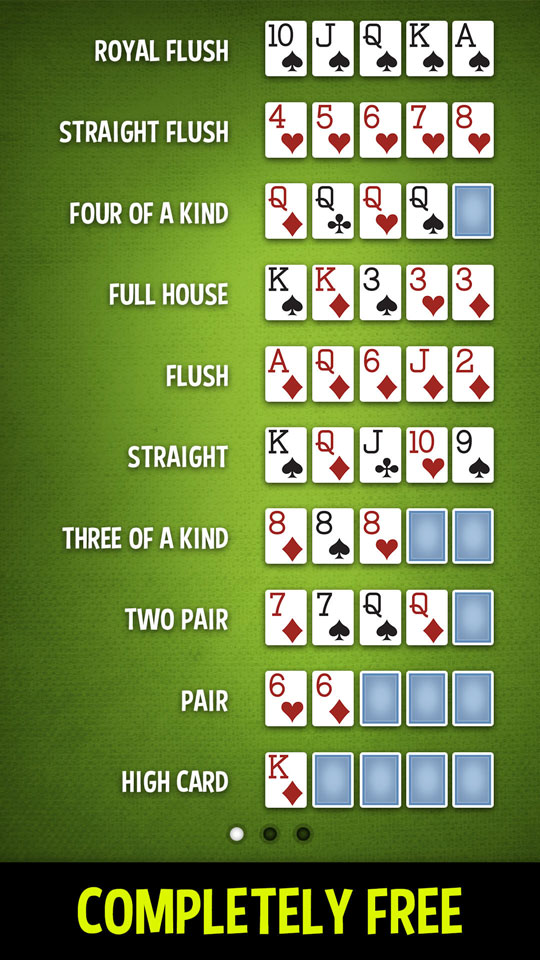The Basics of Poker

Poker is a card game with a variety of rules and betting procedures. The game is primarily a game of chance, but it also involves some degree of skill and psychology. Players place bets based on expected value, and may try to bluff other players for various strategic reasons. Although there are countless variations on the game, most forms of poker involve five cards and a winning hand beats a losing one.
A player may call a bet by putting into the pot a number of chips equal to that of the previous player, or they may raise it. The player can also drop their hand, meaning they are no longer participating in the current round.
Before the deal, each player must make a forced bet (an ante or blind bet). The dealer then shuffles the cards and deals them to each player, beginning with the player to their left. The cards may be dealt either face up or down, depending on the variant being played. The first of what may be several betting intervals begins.
Each round of betting continues until all players are satisfied that they have a strong enough hand to stay in or want to fold. Then, the remaining players must put the same amount of money into the pot or leave the table.
The strongest hand is a royal flush, which includes a 10, Jack, Queen, King, and Ace of the same suit. A straight flush is five consecutive cards of the same suit. Three of a kind is three matching cards of the same rank. Two pair is two matching cards of the same rank, and a high card is any card that is not an ace, King, or Queen.
In a betting round, the player with the highest hand wins the pot. Players with weak hands can win by bluffing by raising their bets in the hope that players with superior hands will call their bets. Players can also raise their bets when they believe that their own hands are strong, in the hope that their opponents will think that they have a strong hand and will not call their bets.
A good tip for newcomers to poker is to start at the lowest stakes possible, so that they can learn the game without risking a large sum of money. By starting low, they can play against weaker players and will be able to improve their skills much faster. It is also important to take the time to think about your decisions carefully, especially in the beginning, to avoid making mistakes that can cost you a lot of money. This will allow you to develop a better understanding of your position, your opponent’s cards, and all the other aspects of the game.